COVID-19 crisis prompts federal government to look at boosting vaccine production capacity
OTTAWA – The federal government is investing in plants across the country because if a COVID-19 vaccine was available tomorrow, Canada wouldn’t have the capacity to quickly produce the millions of doses required.
Research on more than 100 possible vaccines is happening around the globe, but finding a vaccine is just the first step with making it in large volumes a major challenge. Vaccines are produced in highly specialized manufacturing facilities with expensive equipment and well-trained staff.
Andrew Casey is president of BIOTECanada, an industry group, and said companies don’t have tons of extra capacity to produce a vaccine that virtually every Canadian will want.
“They’re very expensive machines and facilities tend not to just have them sitting idle with excess capacity. So you try and maximize the output, you maximize your markets,” he said.
Several large pharmaceutical companies have plants in Canada, but they alone will not be enough to produce the vaccine. The annual influenza vaccine is largely produced domestically, but only 40 per cent of Canadians get a flu shot, while demand for the COVID-19 vaccine is likely to be much higher.
Casey said vaccines don’t store well, so there is no stockpile. The vaccines we depend on to prevent a wide-array of illnesses are all produced on demand and plants are busy fulfilling those orders, leaving them less room to take on a COVID-19 vaccine.
“You could crank out boxes and boxes and boxes of pills and let them sit on the shelf and have no adverse problem. With vaccines, you’re dealing with temperature sensitive products,” he said.
The government has made two major investments to forward vaccine production. The first was $12 million to the University of Saskatchewan’s Vaccine and Infectious Disease Organization – International Vaccine Centre (VIDO-InterVac)
The whole pipeline from beginning to end is being looked at from a preparedness perspective
That lab has received tens of millions of dollars in total from the government, but the $12 million is set aside to build a manufacturing facility that could make millions of doses of vaccine a month when it is up and running.
It has also announced $44 million to expand a National Research Council Facility in Montreal, so it can also manufacture vaccines. The government said that facility will allow the lab to produce 70,000 to 100,000 doses per month by summer with more expansion after that.
Dr. Volker Gerdts, the director and CEO of the VIDO-InterVac facility, said they had already submitted a proposal to expand their facility to the government and it was quickly funded when the pandemic hit.
He said they’re hopeful the facility can open sometime early next year and crews are working away at it now.
“That’s the fastest we can possibly do and that means we could be double shifting, and we might even have to go through working around the clock.”

Volker Gerdts, director and CEO of the University of Saskatchewan’s VIDO-InterVac.
Liam Richards/Postmedia News/File
The facility in Saskatoon has a large containment lab and Gerdts said this will give them the ability to integrate research and manufacturing.
“The idea is that we then can also work on vaccines like this one, for example, other emerging diseases, and tie in into the unique infrastructure that we have.”
Gerdts’ lab has a COVID-19 vaccine candidate that is being tested in ferrets right now, if those tests are successful, it will be moved to human tests by the fall. He is hopeful the tests will go well and the government will give approval to expedite the normal approval process once the vaccine is considered safe.
The lab’s vaccine will be manufactured in large fermenter tanks. Gerdts said if everything goes well the plant under construction will be able to produce millions of doses a month.
“They’re preparing for a scale up so that he immediately, as soon as you can get the approval, they can make millions of doses of this.”

Canada’s Chief Public Health Officer Theresa Tam.
Adrian Wyld/The Canadian Press/File
Dr. Theresea Tam, Canada’s chief public health officer, said they’re looking at every part of a possible vaccine rollout to make sure the country is ready when the time comes.
“The whole pipeline from beginning to end is being looked at from a preparedness perspective,” she said.
The National Research Council announced Tuesday it would partner with a Chinese firm on a vaccine using a proprietary cell the council developed that was also used for an ebola vaccine. Gerdts’ lab is getting access to the same technology for their project.
The government has announced a total of $850 million in support for global efforts to find a vaccine. Tam said they are trying to support all of the promising research.
“We need to look at every option, some of the investments that Canada puts in may not pan out in the end to a successful candidate, but we still need to contribute.”
Casey said Canada has different levels of capacity depending on what type of vaccine proves effective against the virus.
Some vaccines are grown for months in chicken eggs, a Montreal company has a new process that creates them in tobacco leaves, while others use large fermenters like the VIDO-intervac facility is planning.
“Who knows what type of vaccine is ultimately going to prove to be effective against this thing, so it would require a little bit of the planets aligning for us to be producing this stuff here,” Casey said. “We do have capacity here, I think the challenge is going to be, what type of vaccine is developed.”
He said he believes that, like confronting Soviet Russia required a military alliance, the response to this will require countries to work together.
“Whether it’s Canada, whether you’re in the world, the challenge is the same,” he said. “It’s a global epidemic, and it’s going to require a global solution.”
Gerdts disagrees and said COVID-19 is demonstrating that countries need to have their own capabilities for vital supplies like vaccines.
“This pandemic is just showing that we should have done this a few years ago. We should have prepared for this,” he said. “When there is a real shortage, I think it’s important for a country like ours to have sufficient capacity in the country.”
• Email: rtumilty@postmedia.com | Twitter: ryantumilty



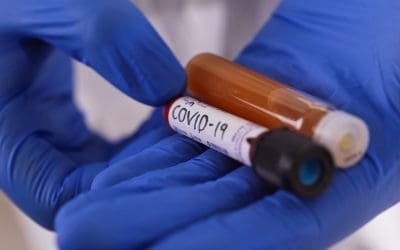
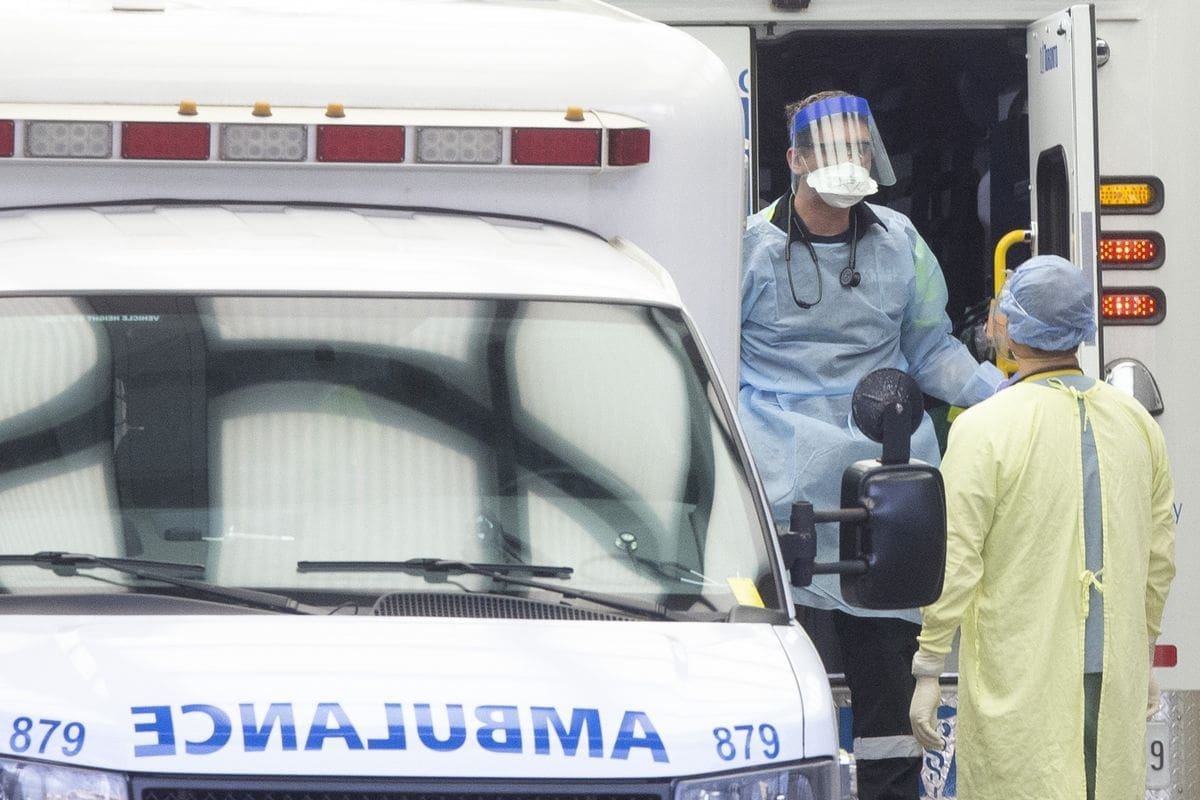
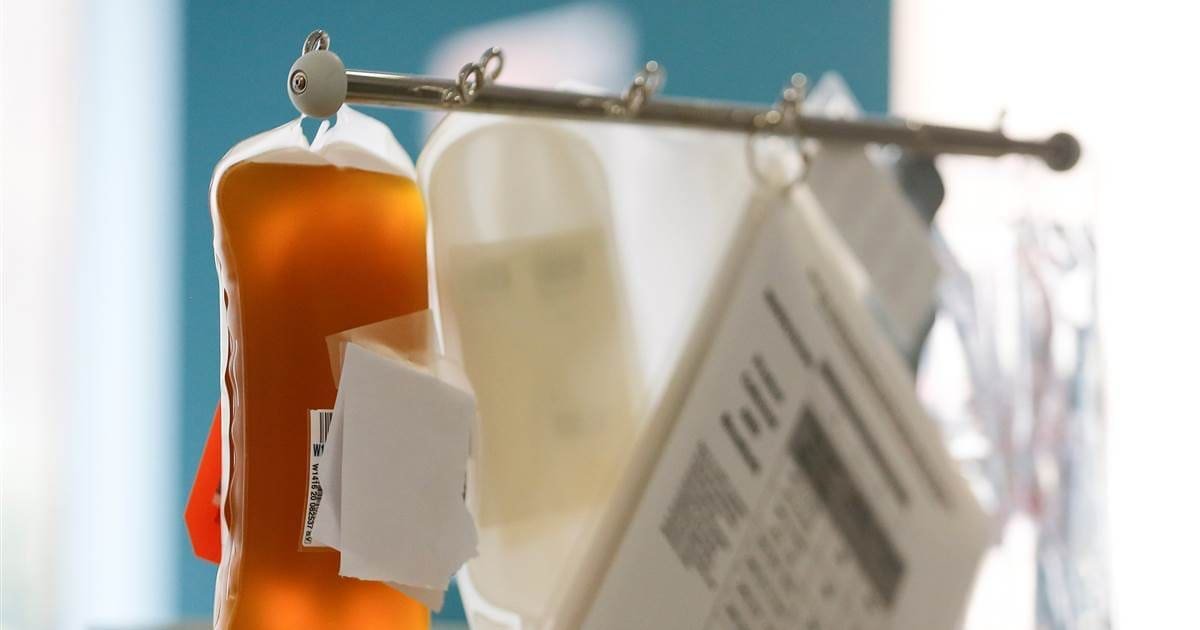
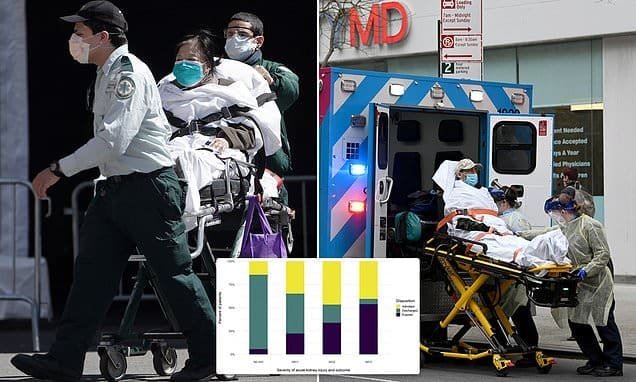
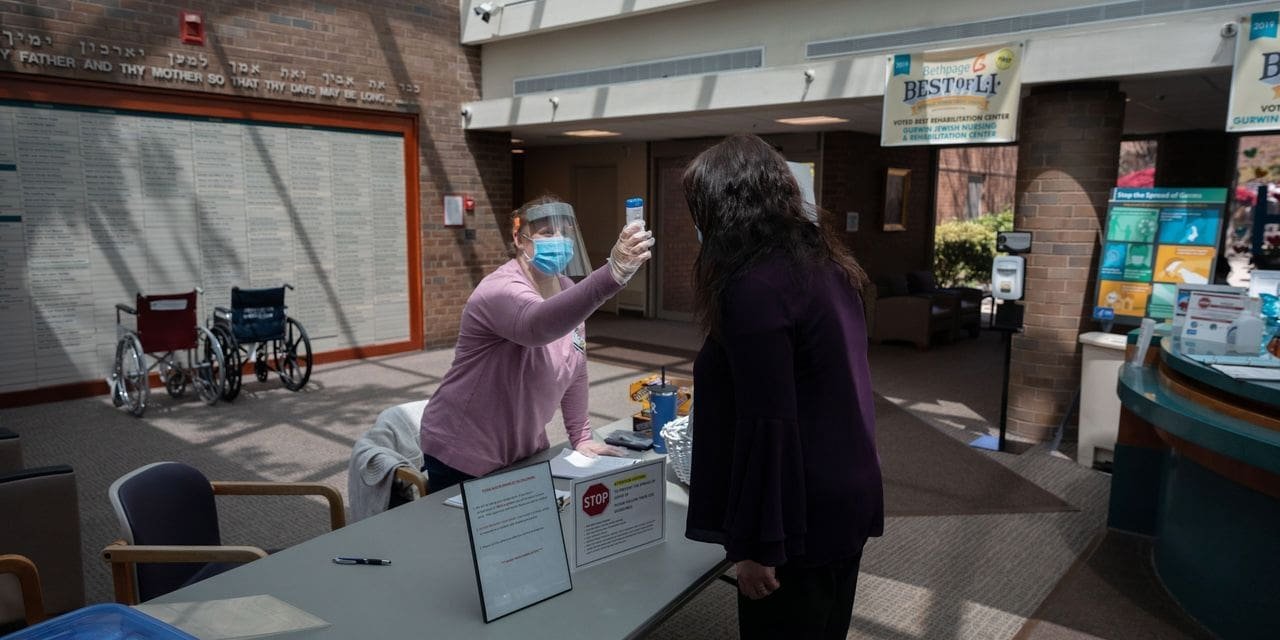
Recent Comments